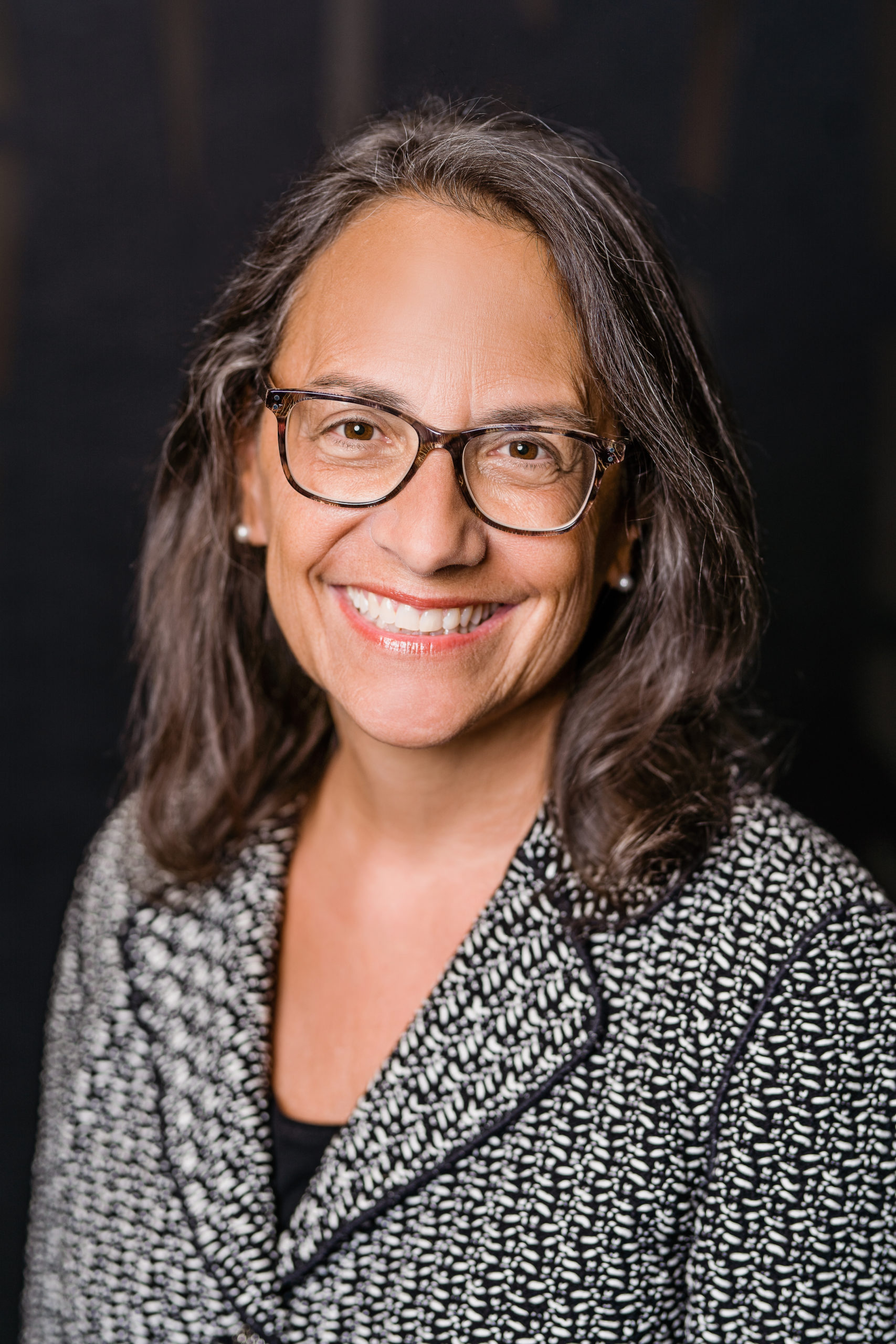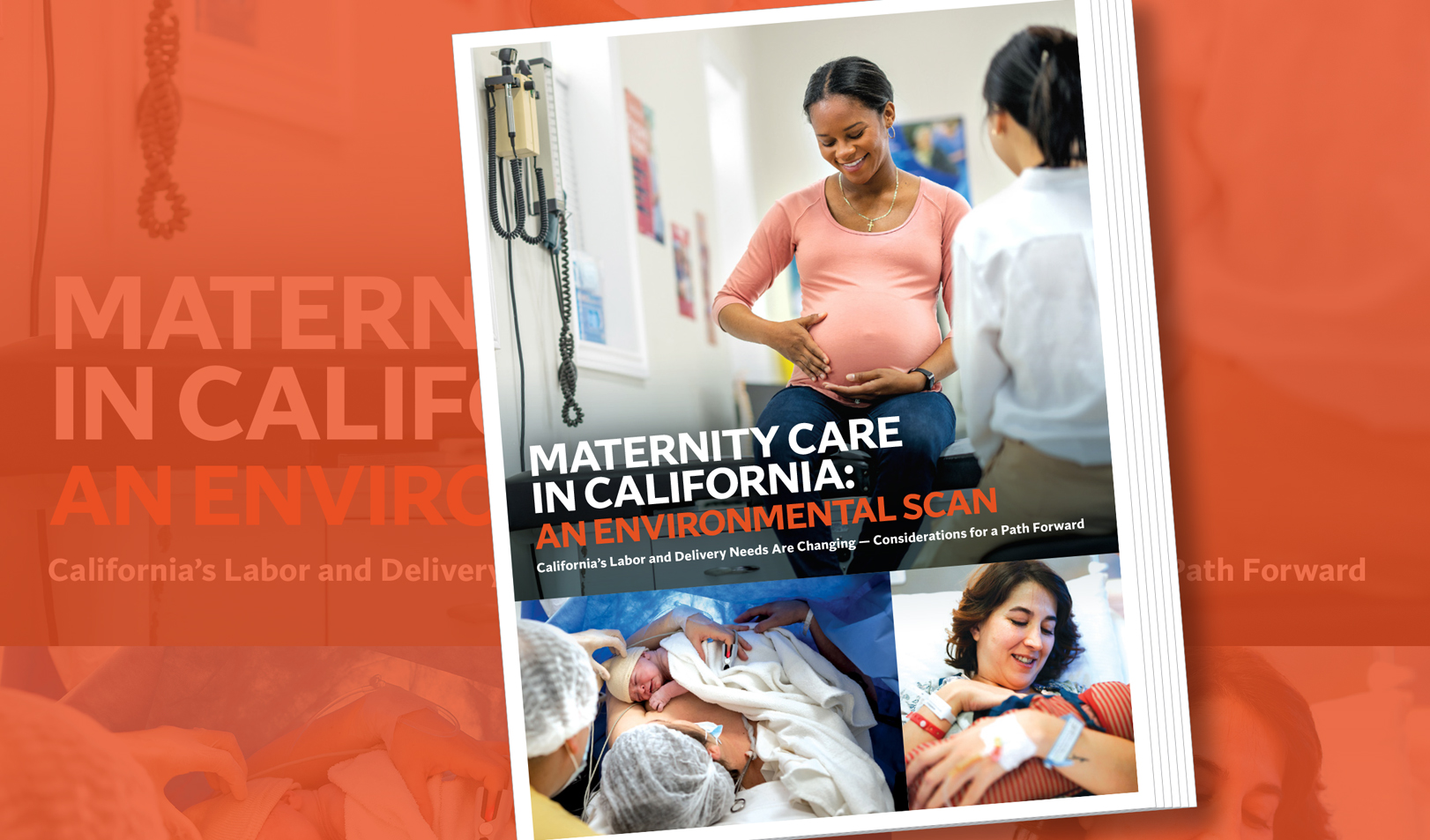The newsroom includes access to CHA News, which provides timely information to members every Thursday and is at the core of CHA benefits. In addition, it is also home to resources such as toolkits and talking points designed to help member hospitals and health systems communicate with internal and external audiences on a range of current health care-related issues. Links to CHA media statements and press releases can also be found here.
Newsroom
CA Medical Board Reminds Providers of Three-Day Rule for Narcotic Prescriptions
What’s happening: The Medical Board of California has distributed its annual notice reminding prescribers that, under federal law, certain authorized practitioners may dispense a three-day supply of Schedule II medications in emergency situations in order to initiate maintenance or detoxification treatment.
Summary of CY 2026 PFS Final Rule Includes Impact Analysis for 100+ Medicare Specialties
What’s happening: A summary of the calendar year (CY) 2026 physician fee schedule (PFS) final rule is available for CHA members.
EMSA Approves Specialty Designation Regulations, Highlights Continued APOT Reduction Challenges
What’s happening: At its quarterly meeting last week, the Commission on Emergency Medical Services reviewed ongoing implementation challenges related to Assembly Bill (AB) 40’s ambulance patient offload time (APOT) requirements, under which hospitals must submit APOT reduction protocols annually.
OHCA Board Continues Aggressive Enforcement Planning, Signals Spending Targets Won’t be Changed
What’s happening: The Office of Health Care Affordability’s (OHCA’s) board met on December 17 to discuss several issues, including enforcement of and updated data related to the spending targets, as well as the office’s recent work to develop a methodology for measuring hospital spending.
CMS Proposes Changes to MA and Part D Star Ratings for Contract Year 2027
What’s happening: The Centers for Medicare & Medicaid Services (CMS) issued the contract year 2027 proposed rule for Medicare Advantage (MA) and Part D plans.
CMS Updates Hospital Surveyor Guidance to Address Discharge Planning, Notification Requirements, and More
What’s happening: The Centers for Medicare & Medicaid Services (CMS) has revised Appendix A of the State Operations Manual to include new interpretive guidelines and survey processes.
CHA Issues Summary of CY 2026 OPPS Final Rule
What’s happening: A detailed summary of the finalized provisions of the calendar year (CY) 2026 outpatient prospective payment system (OPPS) final rule is available for members.
IRF Review Choice Demonstration to begin in CA in 2026
What is happening: The Centers for Medicare & Medicaid Services (CMS) has announced that it will be expanding the Review Choice Demonstration (RCD) for Inpatient Rehabilitation Facility (IRF) Services to California, beginning May 1, 2026.
OSHPD Clarifies Emergency Work Authorization Process
What’s happening: The Department of Health Care Access and Information’s Office of Statewide Hospital Planning and Development (OSHPD) has released a policy intent notice outlining its plans to standardize emergency work authorizations.

